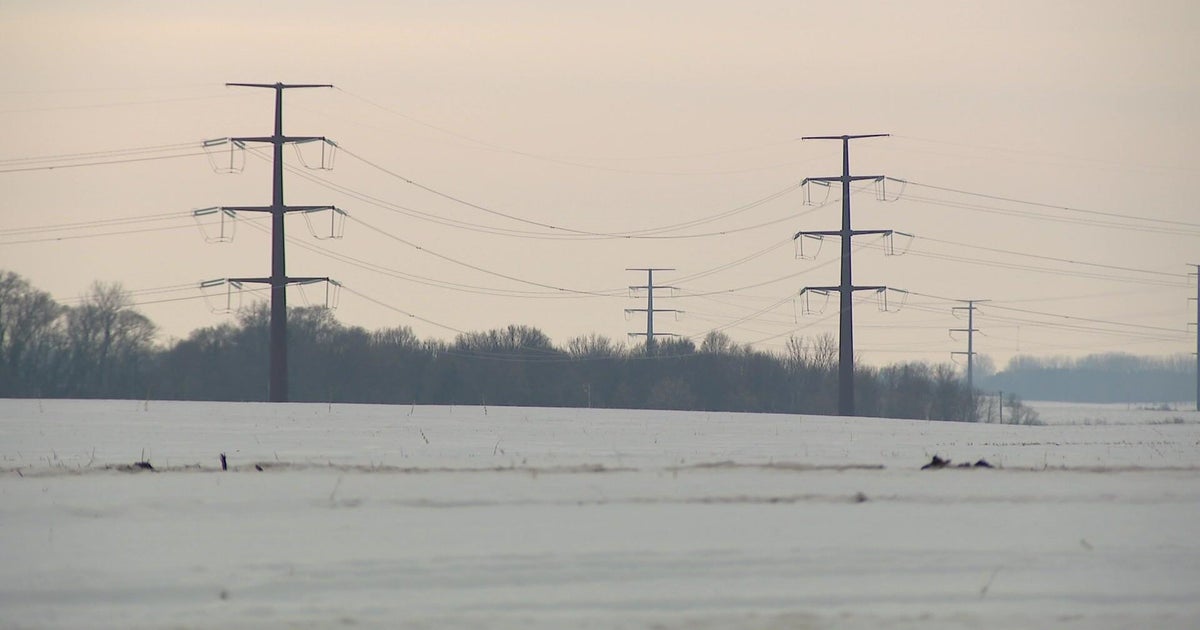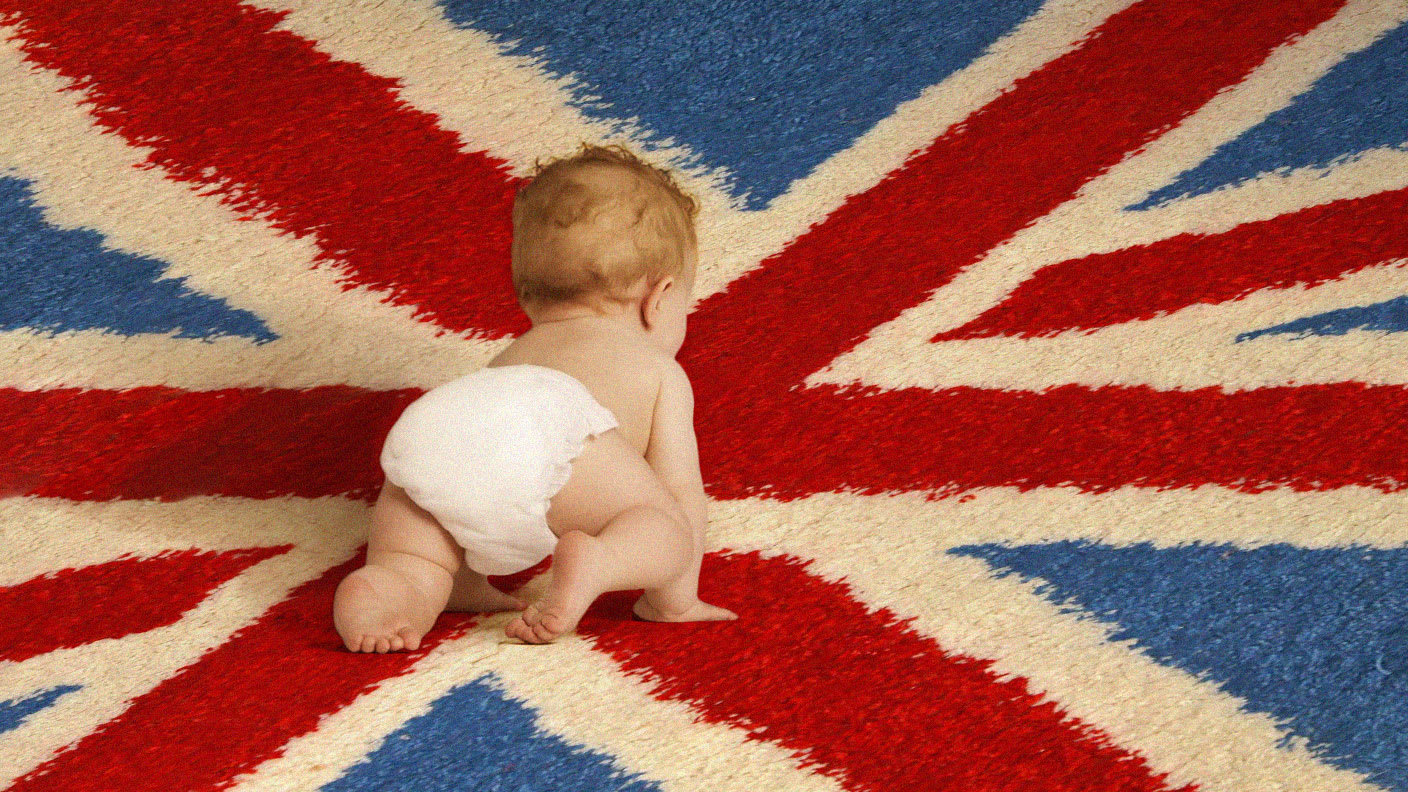Iraq War Could Cost $40-100 Billion
Ousting Saddam Hussein could cost the United States $40 billion or much more if the war drags on, analysts say. And the aftermath could be even more expensive, with the price tag for rebuilding and securing Iraq potentially exceeding $100 billion.
Pentagon officials refuse to publicly predict the cost of a drive on Baghdad. Private and congressional defense analysts venture only ranges of possible costs because the conflict's duration, intensity, losses and other factors are largely unpredictable.
"I don't think there is a good estimate," the Pentagon's top budget officer, Dov Zakheim, said Feb. 3.
Even so, many experts say they expect a conflict to cost $40 billion to $60 billion. They compare it to the 1991 Gulf War, which had a price tag of $61 billion — or $80 billion in today's dollars when the past decade's inflation is factored in.
"I'm hearing costs in the $40 billion range from people in the Pentagon" who expect the fighting to end in a few weeks, said Dan Goure, vice president of the nonprofit Lexington Institute.
For the cost to drastically exceed that would mean "the Iraqi military fights not like the Iraqi military of old, but the Wehrmacht of old," he said, referring to the German army of World War II.
Two other private analysts estimate that the war's tab could run from $17 billion to $79 billion, with a mid-range prediction in the mid-$40 billion. That middle projection assumed 250,000 U.S. troops fighting for three months.
"It's a significant amount of money," said Steven Kosiak, director of budget studies for the private Center for Strategic and Budgetary Assessments, who produced the study with George Washington University professor Gordon Adams. "But the costs to this country will almost certainly be greater for the U.S. than the Gulf War was."
That is because Saudi Arabia, Germany and other U.S. allies provided cash or services that covered all but about $7 billion of America's costs of the 1991 war.
In a breakdown of possible war costs last September, the nonpartisan Congressional Budget Office estimated that it could cost $9 billion to $13 billion to deploy troops and equipment to the Persian Gulf; $6 billion to $9 billion per month of fighting; and $5 billion to $7 billion to bring the force home.
At the top end, that would bring a three-month war's cost to $47 billion.
CBO's projections excluded costs incurred anyway like soldiers' base salaries and any lingering U.S. presence in Iraq. The budget office cautioned that the unpredictable nature of combat made the figures "highly uncertain."
Late last year, former White House economic adviser Lawrence Lindsey estimated potential war costs at $100 billion to $200 billion. The administration's budget chief, Mitchell Daniels, said those figures were too high, but said the price could exceed or fall short of the Gulf War's tab.
Whatever the price of combat, a postwar U.S. presence in Iraq designed to stabilize the country could exceed $100 billion over five years if an initial force of 150,000 American peacekeepers, falling to 75,000, remains behind, Kosiak said.
On top of that could be additional postwar costs of as much or more for humanitarian aid and rebuilding Iraq's roads, water systems, oil fields and government.
In addition, unpredictable spinoffs "could have even bigger overall costs" for the United States, said Michael O'Hanlon, senior fellow for the Brookings Institution.
Such repercussions could include ethnic fighting in Iraq and the rest of the region, higher energy costs, or additional terrorist attacks that could weaken the U.S. economy.
In December, the American Academy of Arts and Sciences estimated that a prolonged war that sparks a U.S. recession could cost the United States $1.9 trillion over the coming decade.
Forty billion dollars would be a fraction of the cost of World War II, which was $360 billion then, $4.7 trillion in today's dollars.
Forty billion dollars is also enough to purchase 160,000 homes in the United States worth $250,000 apiece. And it would cover one U.S. worker's $50,000 annual salary for 800,000 years.
Analysts cite several factors in expecting a renewed fight with Iraq to cost less than the 1991 war.
While U.S. troop strength peaked at 540,000 a decade ago, analysts expect this year's contingent to hit roughly 250,000, or half that. Pentagon officials will say only there are currently more than 150,000 troops in the Middle East.
In addition, a major increase in computer- and satellite-aided weaponry should make this year's U.S. attack far more devastating, perhaps shortening the fighting and reducing costs, they say.
Even so, things could go wrong and drive the price skyward. Saddam could use chemical or biological weapons against advancing U.S. troops, or the Iraqi Army could retreat to Baghdad and force prolonged, costly urban fighting.
"Any or all of these variables could change for the worse, and if so costs could be significantly higher than estimated," the Democratic staff of the House Budget Committee wrote in a report last September.
That study estimated that for combat alone, a war lasting 30 to 60 days would cost from $48 billion to $60 billion, assuming U.S. forces totaling 250,000.



